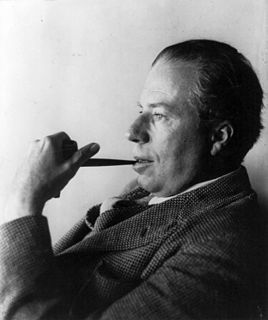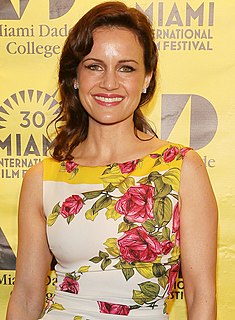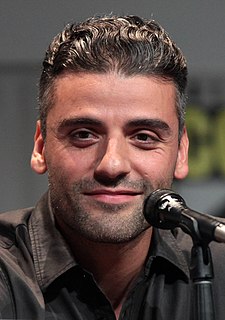A Quote by Christopher Morley
Everybody thinks of others as being excessively human, with all the frailties and crotchets appertaining to that curious condition. But each of us also seems to regard himself as existing on a detached plane of observation, exempt (save in moments of avid crisis) from the strange whims of humanity en masse.
Related Quotes
It is a curious fact that no man likes to call himself a glutton, and yet each of us has in him a trace of gluttony, potential or actual. I cannot believe that there exists a single coherent human being who will not confess, at least to himself, that once or twice he has stuffed himself to bursting point on anything from quail financiere to flapjacks, for no other reason than the beastlike satisfaction of his belly.
One's condition on marijuana is always existential. One can feel the importance of each moment and how it is changing one. One feels one's being, one becomes aware of the enormous apparatus of nothingness - the hum of a hi-fi set, the emptiness of a pointless interruption, one becomes aware of the war between each of us, how the nothingness in each of us seeks to attack the being of others, how our being in turn is attacked by the nothingness in others.
There can be only one permanent revolution - a moral one; the regeneration of the inner man. How is this revolution to take place? Nobody knows how it will take place in humanity, but every man feels it clearly in himself. And yet in our world everybody thinks of changing humanity, and nobody thinks of changing himself.
We can't say that we believe in each other's fundamental humanity, and then turn a blind eye to the reality of each other's existence, and the truth of each others' hearts. We must be allies and we must be allies in this business, because to be represented is to be humanized, and as long as anyone anywhere is being made to feel less human, our very definition of humanity is at stake, and we are all vulnerable.
My conception of the audience is of a public each member of which is carrying about with him what he thinks is an anxiety, or a hope, or a preoccupation which is his alone and isolates him from mankind and in this respect at least the function of a play is to reveal him to himself so that he may touch others by virtue of the revelation of his mutuality with them. If only for this reason I regard the theater as a serious business, one that makes or should make man more human, which is to say, less alone.







































